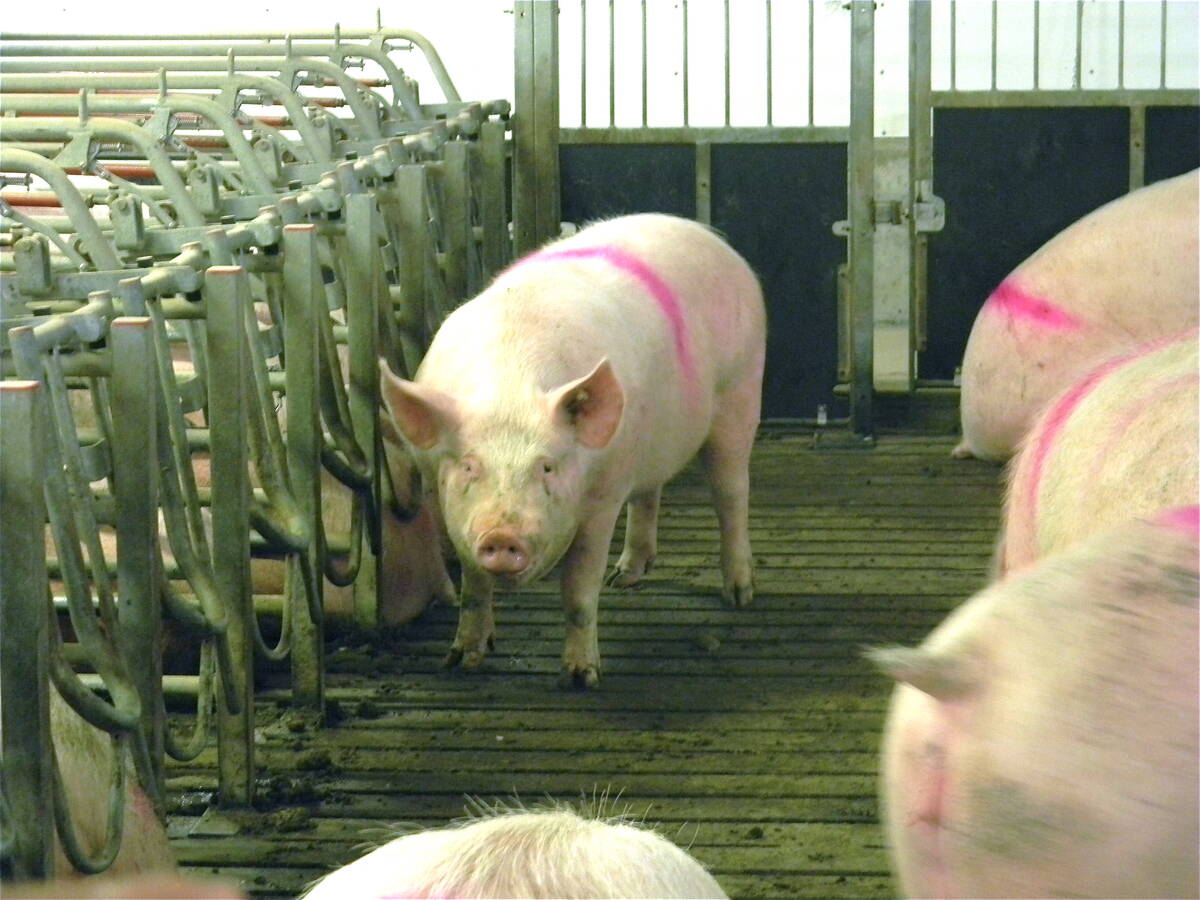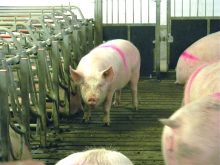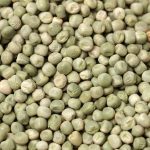Tomatoes grown on organic farms accumulate higher concentrations of sugars, vitamin C and compounds associated with oxidative stress compared to those grown on conventional farms, according to research published Feb. 20 in the open-access journal PLOS ONE by Maria Raquel Alcantara Miranda and colleagues from the Federal University of Ceara, Brazil.
In their study, the researchers compared the weights and biochemical properties of tomatoes from organic and conventional farms. They found that tomatoes grown on organic farms were approximately 40 per cent smaller than those grown by conventional techniques, and they also accumulated more compounds linked to stress resistance.
Read Also

PRRS: The $1.4B ‘mystery’ still haunting hog farmers
For 30 years, this highly mutative virus has devastated the pork industry, outsmarting vaccines and requiring extreme biosecurity to control.
According to the authors, organic farming exposes plants to greater stress than conventional farming. They suggest that this increased stress may be the reason organic tomatoes had higher levels of sugars, vitamin C and pigment molecules like lycopene, an antioxidant compound — all of which are associated with the biological response to stress.
Based on these observations, the authors suggest that growing strategies for fruits and vegetables should aim to balance plant stress with efforts to maximize yield and fruit size, rather than trying to eliminate stress to increase yields.














